Your Bayesian Brain – Are you wired for statistics?
Learningtogo
NOVEMBER 16, 2017
You may have a Bayesian brain. Basically, Bayesian theory states that you can predict the likelihood of future outcomes based on the frequency of events in the past. So what does all this math have to do with the brain? Introducing Thomas Bayes. A lot, as it turns out. The Bayesian Debate.


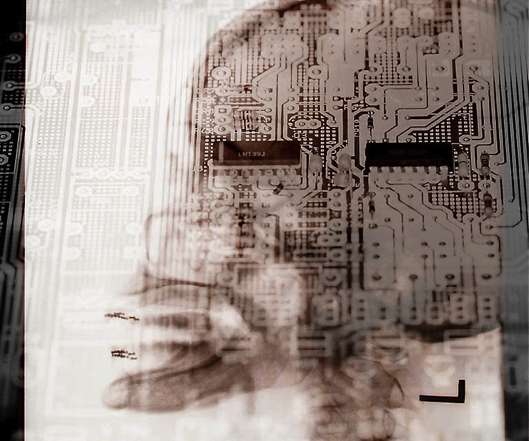

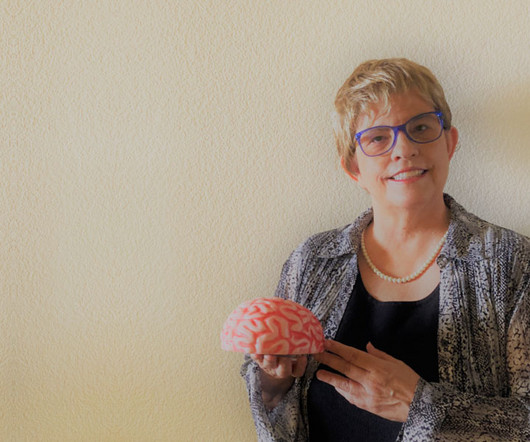

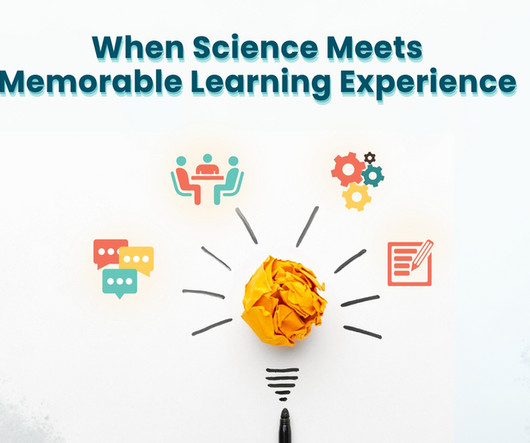
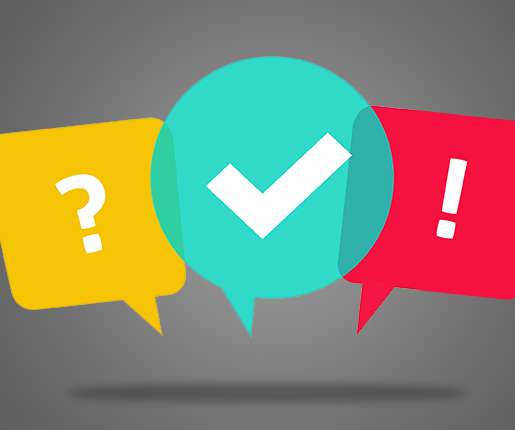












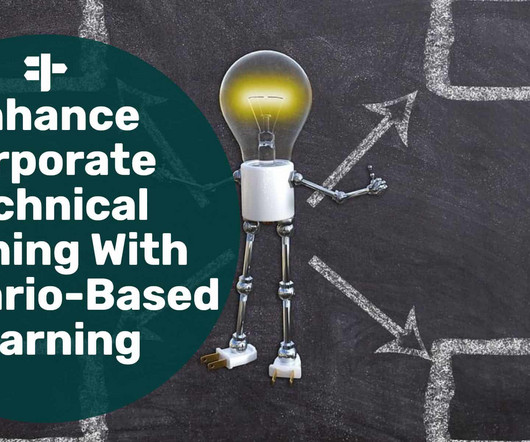















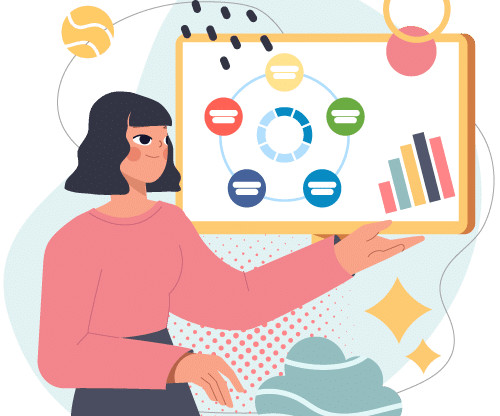












Let's personalize your content